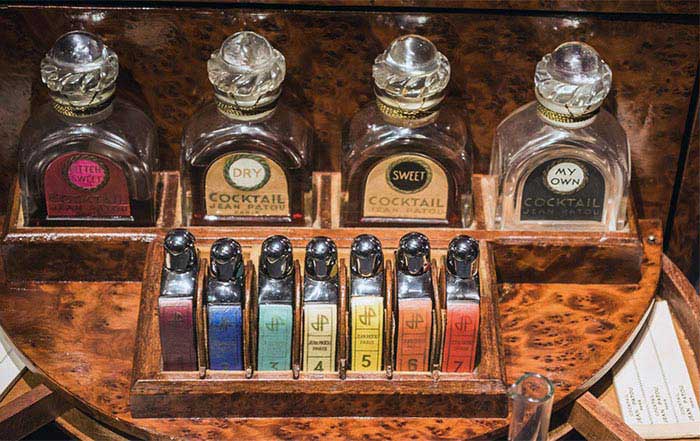Some have asked: Does perfume have some hidden health risks? Well, a new report says this: "The truth is that fragrance that many ladies like wearing (it might even be named after a celebrity) may have a label that's hiding something. Never mind that the user may feel as sexy and irresistible as the celebrity bearing the name." Jane Houlihan, the new report's co-author, says this might very well spell trouble for the user. The report was issued by the Environmental Working Group (EWG) in collaboration with The Campaign for Safe Cosmetics (CSC). Actually "certain chemicals that are usually found in fragrances may be way too hazardous for your health," Ms. Houlihan says.
Despite this, most makers of popular colognes, body sprays, and perfumes often never disclose all the ingredients used to manufacture the product. Ms. Houlihan adds that the fragrance mixture may be comprised of dozens, perhaps hundreds of specific chemicals; many manufacturers don't feel obligated to list the dangerous chemicals on the product label. Ms. Houlihan is also the senior EWG vice president in charge of research.
The report entitled: "Not So Sexy: The Risks of Secret Fragrance Chemicals includes several test results targeting 17 fragranced products." Ms. Houlihan says that-on average- the researchers discovered 14 secret chemicals that are not listed on the product's label. The researcher says some of these dangerous chemicals have been linked to specific hormone disruptions and allergic reactions. Unsurprisingly most industry officials reportedly took great exception to the findings of the new report. According to Dr. John Bailey, the Personal Care Products' chief scientist, "this is yet another good example of a group that goes ahead to release sensitive information without furnishing all the relevant evidence." Dr. Bailey concludes: "This is an example of selective science at work." But Ms. Houlihan says she and her colleagues selected a sampling of various popular fragrances marketed for both me and women.
Among these were multiple body colognes and body sprays. "We wanted to determine what fragrance chemicals they contained. Starting with the 17 substances, we sent them off to our labs to see what other chemicals may be lurking in these products," the researcher says. She concludes: "We merely reported the results as they came out."
Although the Food and Drug Administration doesn't explicitly define the term, "clean" might refer to a product that's prepared without using potentially harmful ingredients like formaldehyde, parabens, fragrance, and talc. Notably, most beauty products sold on the shelves have the words "perfume" or "fragrance" listed on the list of ingredients. Some, therefore, ask: Where does this leave fragrances and perfumes? According to a Trade Magazine ( BusinessWire) report, between 2019-2023, the clean fragrance industry is expected to grow by a whopping $1.39 billion. Analysts say this shows consumers are seeking transparent fragrances with minimal ingredients. So, what constitutes "clean" perfume? Which scents are safe to try in 2022?
These questions are linked to another question: Why is fragrance so controversial? According to a list by the International Fragrance Association, there are (possibly) 2,947 fragrance ingredients. Almost all of these contain hundreds of chemicals- and most of these are synthetic. Another report by researchTrusted Source says certain fragrances can trigger adverse health consequences, including migraines, skin problems, and respiratory issues. It was also found that many traditional fragrances contain phthalates. Significantly, a 2016 study found that these may lead to congenital disabilities in men. Since fragrance is a somewhat controversial ingredient, many are surprised to learn that there are clean fragrances and that these smell as good as other synthetic alternatives.
So, then, what are clean perfumes? Many may have noticed that most perfume labels generally list the ingredients as "alcohol, fragrance, and water." This often happens because the law allows such companies to classify the ingredients as trade secrets. For this reason, even the FDA can't compel companies to produce a list of the exact ingredients that make up their scents.
While this might be good for brands, it might not be fair to consumers who want to know precisely what they're using on their bodies. Further, the term "clean or non-toxic fragrance" widely refers to ingredients that won't' cause skin or photo-sensitivity. This is according to a renowned cosmetic chemist, Ginger King. It's advisable to remember that many plant-based fragrances (otherwise known as essential oils) may cause some reaction despite being natural.

